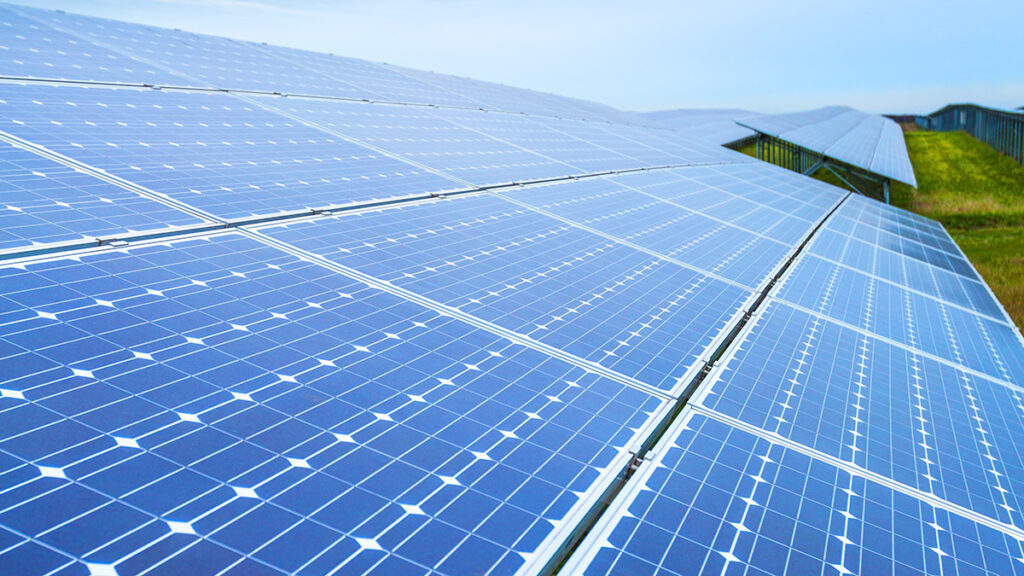
Buying vs Leasing Solar Panels: Which Is More Affordable in the Long Run?
Last updated on June 23rd, 2022 at 04:24 am
Buying solar panels for your house is a big investment, just like buying a house or purchasing a car.
If you’re here because you’re on the fence about whether you should buy or lease solar, you’re in the right place.
In this article, we’ll go through the pros and cons of buying vs leasing solar. Depending on your specific situation, you can better decide which is right for you.
Should You Buy Solar?
Buying solar means every payment you make on your solar panel system goes towards owning your home’s energy system. Your monthly bill is an investment back into your property, which raises its value.
However, buying solar may not be right for everyone. Here are the pros and cons of buying solar panels.
Pros of Buying Solar
Ownership makes a world of a difference when it comes to buying solar. It determines whom savings and revenue will go towards for each solar panel system. Here are some benefits to buying and owning a solar energy system.
- You own your energy system
- You can make extra money with net metering
- It increases the value of your home
- You can transfer your solar panel system if you sell your home
- You can claim the federal solar tax credit
Because you own your solar energy system, you can take advantage of the federal solar tax credit and net metering laws. Both are ways to save money on your solar energy system and to make money from it.
Cons of Buying Solar
With ownership comes responsibility. Here are some downsides to buying solar that might deter you from owning your own energy system.
- High initial investment
- Maintenance and repair are your responsibility
- Cannot take your system if you decide to move
Buying a solar panel system is not cheap. You pay per panel and you also have to pay for the system’s other parts (battery, inverter, mounting equipment, etc.).
Fortunately, you can find a solar company like Blue Raven that has loan plans in place to help you finance your own energy system. For the first 18 months, you pay nothing. If you think about it, that’s free energy for 18 months!
Or Should You Lease Solar?
Technology is still evolving to lower the barrier of entry to the solar market. For such a worthy initiative, solar should be more accessible to the average homeowner.
Until then, leasing solar panels may be a reasonable option. Here are some pros and cons of leasing solar panels.
Pros of Leasing Solar
Investing money into solar is not a priority for everyone. In that case, here are some benefits leasing solar panels may offer.
- Lower upfront cost
- No responsibility for maintaining solar panels
When you lease from a solar lease company, the company assumes the bulk of the cost to install your solar panels, which you will pay back in dues. Because you do not own these panels, solar lease companies assume the responsibility for maintenance and repair.
Cons of Leasing Solar
It is true that leasing may be cheaper upfront. However, is that enough? Leasing solar comes with a list of cons. Here are a few:
- You don’t own your power source
- You can’t claim the federal solar tax credit
- Solar leasing companies keep your net metering benefits
- Solar leasing companies can raise the prices of solar
Do you see the impact that ownership has on solar? It determines who keeps the savings and any money earned on your solar energy system.
Buying vs Leasing Solar: Which Is Better?
Should you buy or lease solar panels?
We’re not biased but if you ask us, the best option in the long run between buying vs leasing solar is to buy your own system.
It may cost less upfront to lease solar on a month-to-month basis. However, when you look at things from a bigger perspective, ownership rights give you access to any kind of profits or savings you can earn from your solar panel system.
If you’re investing money, make sure that it works for you.
Browse our technology section for the latest news and trends in solar and green technology!
Read Dive is a leading technology blog focusing on different domains like Blockchain, AI, Chatbot, Fintech, Health Tech, Software Development and Testing. For guest blogging, please feel free to contact at readdive@gmail.com.
